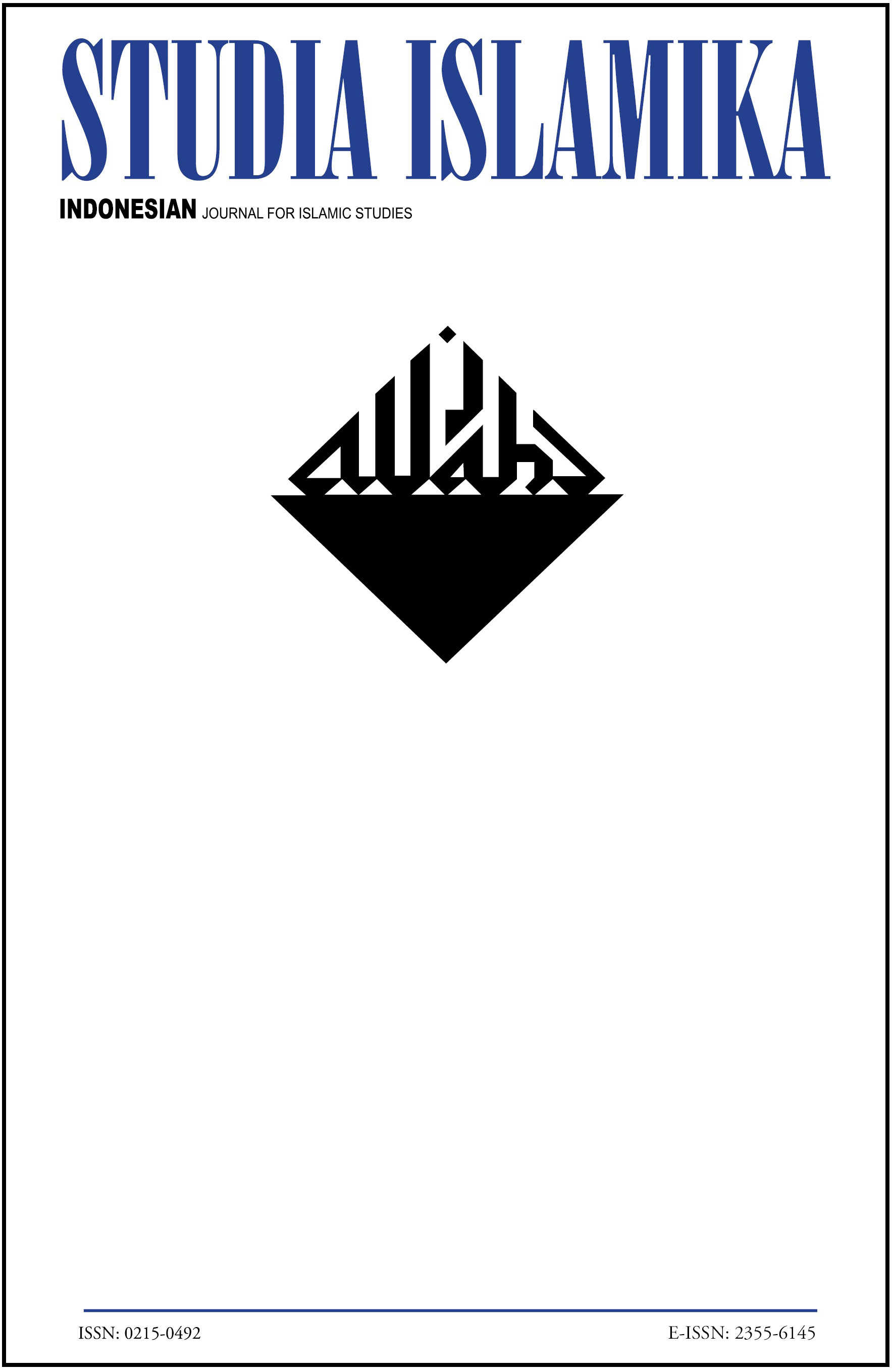Abstract
Eva F. Nisa. 2023. Face-Veiled Women in Contemporary Indonesia. London and New York: RoutledgeMost studies of face-veiled Muslim women are placed in the stereotype discourse; a part of subordination or terrorist group affiliation. Many scholars also argue that those women’s bodies are exploited under the patriarchal structure and its religious interpretation with the dominant male’s perspective. Eva F. Nisa in this book has proposed a different perspective, employing ethnographic research and taking a case study of two women communities of Islamic revivalist backgrounds (Jamaah Tabligh and Salafi Movement) in Indonesia. Throughout developing from Saba Mahmood’s theory of the politic of piety mostly, Nisa found that the Islamic lifestyle is the firm argument among the cadari, in which they practice the term of taat, which is part of a discursive tradition in Islam, to strengthen their path in the true path of Islam.References
Abbas, Megan Brankley. 2021. Whose Islam? The Western University and Modern Islamic Thought in Indonesia. Stanford: Stanford University Press.
Akmaliah, Wahyudi. 2022. “Between Decolonization and Intellectual Nativism: Seeking the Indonesian Alternative Discourse on Social Sciences.” Southeast Asian Social Science Review 7(2): 31–55.
Alatas, Syed Farid. 2000. “Academic Dependency in the Social Sciences: Reflections on India and Malaysia.” SSRN Electronic Journal 38(2): 80–96. http://www.ssrn.com/abstract=2650577.
———. 2006. Alternatives Discourses in Asian Social Science: Responses to Eurocentrism. Delhi: Sage.
Alatas, Syed Farid, and Vineeta Sinha. 2017. Sociological Theory Beyond The Canon. London: Palgrave Macmillan.
Alatas, Syed Hussein. 1974. “The Captive Mind and Creative Development.” International Journal Social Science 36(4): 691–99.
Asad, Talal. 2009. “The Idea of an Anthropology of Islam.” Qui Parle 7(2): 1–30.
Azizah, Nurul. 2023. “Ketum PBNU Menolak Feminisme? Melihat Teks Dan Konteks Pernyataan Ini.” ww.konde.co. https://www.konde.co/2023/01/ketum-pbnu-menolak-feminisme-ini-hal-yang-harus-kamu-pahami.html/ (May 22, 2023).
Fansuri, Hamzah. 2014. Sosiologi Indonesia: Diskursus Kekuasaan Dan Reproduksi Pengetahuan. Jakarta: LP3S.
Kailani, Najib. 2020. “Articulations of Islam and Muslim Subjectivity : Fundamental Debates in the Anthropology of Islam.” In Commerce, Knowledge, and Faith: Islamization of the Modern Indonesian and Han-Speaking Muslim Ummahs, ed. Nabil Chang-kuan Lin. Tainan: Centre for Multicultural Studies, College of Liberal Arts National Cheng Kung University Tainan, TAIWAN, 265–82.
Kodir, Faqih Abdul. 2023. “Benarkah Gus Yahya Menolak Feminisme?” www.mubadalah.id. https://mubadalah.id/benarkah-gus-yahya-menolak-feminisme/#:~:text=Yang jelas%2C Gus Yahya tidak,intelektual%2C sosial%2C dan manajerial. (May 22, 2023).
Mahmood, Saba. 2009. “Feminism, Democracy, and Empire: Islam and the War on Terror.” In Gendering Religion and Politics Untangling Modernities, eds. Hanna Herzog and Ann Braude. New York: Palgrave Macmillan, 193–215.
———. 2011. Politics of Piety: The Islamic Revival and the Feminist Subject. Princenton: Princenton University Press.
Nisa, Eva F. 2023. Face-Veiled Women in Contemporary Indonesia. London and New York: Routledge.
Staquf, Yahya Cholil. 2023. “Tausiyah Gus Yahya Dalam Halaqah Fikih Peradaban.” www.youtube.com.https://www.youtube.com/watch?v=LPVTM4L_BLI (May 22, 2023).
Wahid, Marzuki. 2023. “Feminis Atau Muslim(Ah)?” www.mubadalah.id. https://mubadalah.id/feminis-atau-muslimah/ (May 22, 2023).
Authors who publish with this journal agree to the following terms:
- Authors retain copyright and grant the journal right of first publication with the work simultaneously licensed under a Creative Commons Attribution License that allows others to share the work with an acknowledgement of the work's authorship and initial publication in this journal.
- Authors are able to enter into separate, additional contractual arrangements for the non-exclusive distribution of the journal's published version of the work (e.g., post it to an institutional repository or publish it in a book), with an acknowledgement of its initial publication in this journal.
- Authors are permitted and encouraged to post their work online (e.g., in institutional repositories or on their website) prior to and during the submission process, as it can lead to productive exchanges, as well as earlier and greater citation of published work.

